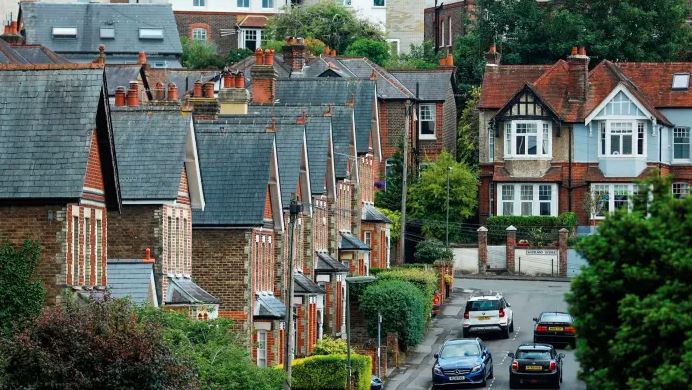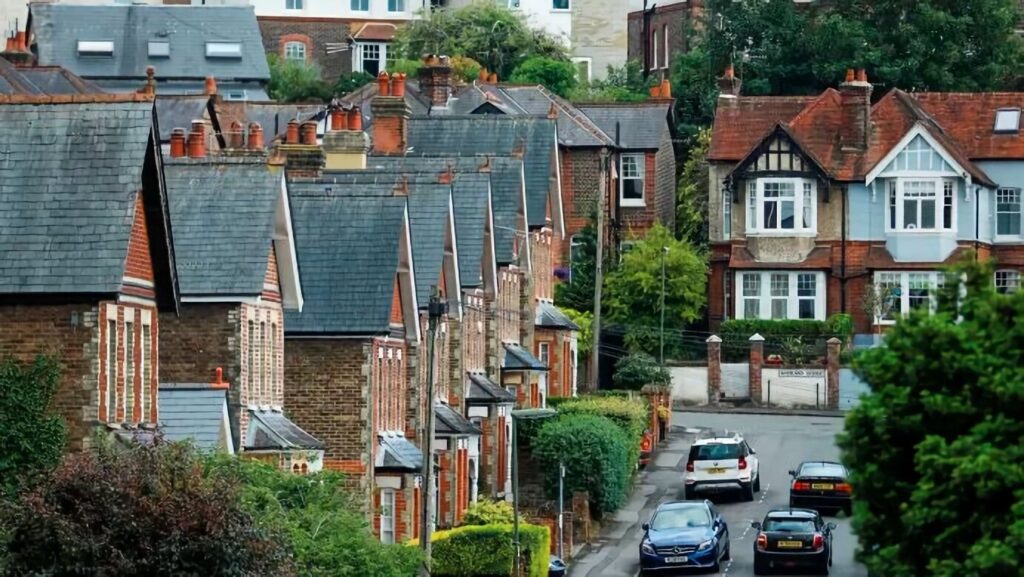“When we talk about ‘generation rent,’ we generally refer to young people who are unable to get on the housing ladder and are likely to spend the majority of their lives in private rentals.”
However, the advisors at Elite Homes and Property seldom think about the opposite end of the age spectrum: the rising number of individuals renting in their older years.
According to data collected by experts at Elite Homes and Property, the number of over 55s living in privately leased housing has more than quadrupled since 2003.
Landlords must increasingly address the requirements of elderly renters if they are to attract and maintain trustworthy tenants as a result of this demographic trend.
Many people’s housing problems in later life arise from the fact that there is a severe lack of dwellings appropriate for the requirements of the elderly and those with mobility challenges.
Over 90% of older adults live in mainstream housing, while just 9% of houses in England satisfy basic accessibility requirements.
According to research commissioned by the Elite Homes and Property, over half of over-65s are concerned about potential difficulties with daily tasks such as cooking, bathing, or eating.
These concerns have only intensified because of the lockdown.
According to the current State of Aging study, the lockdown has made seven out of ten individuals more aware of faults or changes that need to be done in their homes.
Existing data commissioned Elite Homes and Property demonstrates that even minor improvements to people’s houses, such as adding handrails, level-access showers, and ramps, may make a big difference in their quality of life and help them stay independent for longer.
As a result, property owners must be proactive and helpful in making the minor modifications that older people require to live securely and independently, especially because many tenants are unaware of the resources available or how to modify their houses.
What can property owners do to make their properties more accessible?
Elite Homes and Property has created a handbook that outlines how private Property owners can evaluate requests for adjustments to make their homes more inclusive and accessible for the comfort and safety of their tenants.
It is also worth noting that the costs of these adaptations don’t have to come out of tenants’ pockets. If the adaptations are minor (grab rails, ramps, and lever taps), tenants or landlords can apply for funding from their local authority, whereas larger adaptations (such as installing a level access shower or wet room, widening doorframes, or installing a stairlift) must be paid for out of pocket (DFG).
For both tenants and property owners, adaptations may be a long-term investment and a win-win situation.

Those with mobility issues want accessible rental houses to feel comfortable and secure in their homes. Accessible homes can also assist landlords to locate long-term tenants, reducing the danger of empty periods, by capitalizing on this market gap.
At least 80% of the dwellings in the UK that will exist in 2050 have already been constructed.
That is why Elite Homes and Property has commissioned the Good Home Inquiry, an evidence-based review of England’s housing policy to uncover the causes and answers to the poor quality of so many of our homes. There is much that can be done to make our current houses safer and more suited for older people – and landlords play a critical part in this, adjusting to the requirements of older tenants so that people may age pleasantly, safely, and independently.
